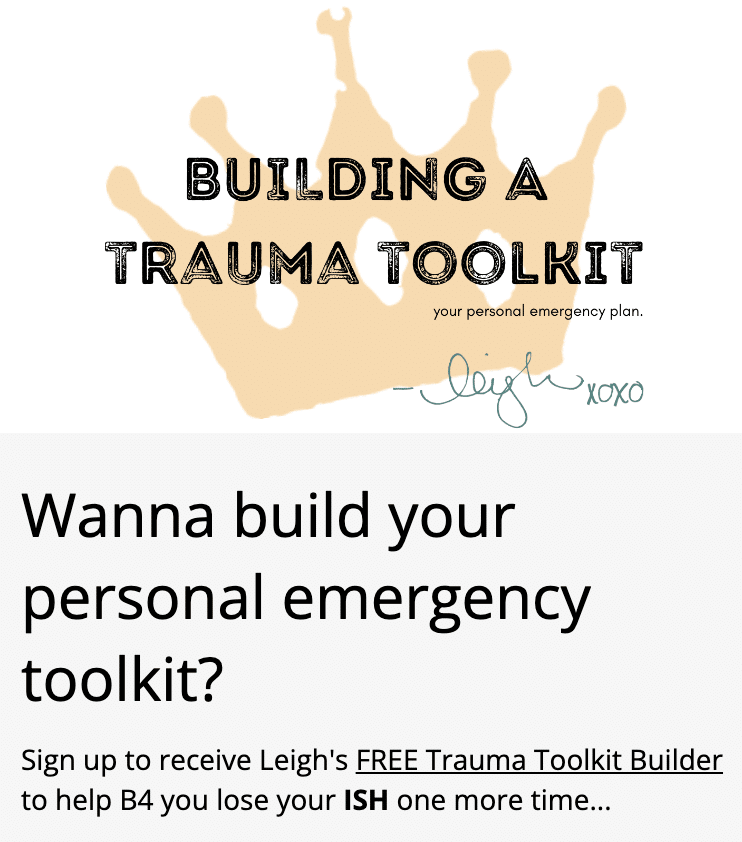💀Highway of Death💀
SETTING THE SCENE:
Think of a narrow African highway, one and a half lanes wide, with fast-moving passenger busses, delivery trucks, and cars interspersed with people leading donkey-drawn carts. Children play intermittently and running back and forth across it. Consider a van with no seatbelts and your tall, gentle driver, Dereje, who does not speak a lick of English, but smiles all the time, driving brilliantly like a madman through it all without batting a curly Ethiopian eyelash…

BEGIN THE STORY: EXPOSITION
Five years ago, I was in Ethiopia with a team on mission. Down south along the Rift Valley, driving on our way back to the capitol city of Addis Ababa, we are giving Peter, our filmmaker friend, a hard time about not getting any photographs of camels. (Please see his remarkable short films at movingworks.org.) Suddenly, we see a huge herd of camels gliding across the plain. The good-natured hazing begins again and Peter motions to Dereje to pull over so he can shoot some film.
Disclaimer: I know I will be razzed for this disclaimer, but, as leader of the team, I honestly thought it would only be Peter and me getting out of the vehicle.
Why me? As the one responsible for delivering this man back to his beautiful daughters and lovely wife, I get out to watch over Peter while he watches for the perfect shot. See, when Peter is focusing on shooting, he only sees through his lens and doesn’t notice the imminent dangers around him, like angry crowds, six-inch deep potholes, dog poop, etc.
CONFLICT:
What I don’t realize is that the rest of the team has followed us out of the van and is taking pictures, too. What should have been a quick stop becomes some silly Americans gawking at a bunch of camels…

…until a camel herder appears from nowhere running up to Peter with a stick raised above his head, looking ready for murder.
Peter slowly puts down his camera.
We all put our hands up in the air.

RISING ACTION:
This diminutive, dusty man dressed in robes is yelling and we don’t know what to do. Others emerge from the desert, like vapors out of thin air. Someone from inside the van yells, “Give him some money!” We think we can pay the herder for taking photos of his camels. Looking even more insulted, we can tell he is incensed with the situation.
It is rumored that Ethiopian camel herders are ruthless when it comes to protecting their herds. If you hurt one of them or their camels, say by injuring them with your car, they will learn your license plate and wait for the next time you come down the “Highway of Death” to get vengeance. Sometimes, this means that all that is found of you is your car. The desert valley is vast and wide and the camel herders know it. They have a huge network and a language which is all their own, very different than any of the other 43 dialects spoken in this East African country.

CLIMAX:
Here we are, a group of ignorant Americans standing outside the van with a bunch of angry camel herders. All we wanted was a photo of camels – no big deal, right? – but in Ethiopia, it’s a huge deal. Camel herders are responsible for the lives of their camels, and have to give an accounting of each and every one of them to the man who owns the herd. Believe me when I tell you, it’s as serious as life and death. This man felt threatened in a real way that we could not begin to understand.
About the time things are at a fever pitch, our driver, Dereje, comes up behind us and begins talking to the man and calming him down with words we can’t understand. (Who knew he could speak their unique language?)
FALLING ACTION:
Thankful and shaken, we all purposefully walk back to the van and get in quietly, at which point, one of the members of our team who had not gotten out of the van (the one who will razz me most about this post!), calls us idiots (in the name of Jesus, of course). Dereje starts the van and we get going once again on the the “Highway of Death.”
It is not long until we hear a loud pop, like a gunshot, and the van begins swaying this way and that, dangerously swerving all over the road. There are a few screams and yelps from the others, but in the midst of the van rocking as we slow to a stop, my heart is in my mouth.
We wonder if the camel herder has let his friends know up and down the highway about the stupid thing we did. Did they shoot at us?
Dereje manages to navigate us to the shoulder of the road and then bravely gets out to assess the damage. His van is his livelihood, the way to put food on the table and a roof over his family’s head.
The back tire is shredded, and we all get out while our on-board “pit-team” changes that tire in less than five minutes. Our nerves at this point are as frayed as that tire. We quickly get back in the van and continue safely to Addis.
RESOLUTION:
Even if I wander or get lost down the Highway of Death in my faith journey, delving through shadowed areas into which God never intended for me to go, He still has me. He knows when I sit and when I rise and He can perceive my thoughts from afar.
The LORD, our covenant-maker, promise-keeping King, perceives our going out and our lying down and is familiar with all our ways. He hems us in, behind and before; He has laid His hand upon us. We cannot flee from His Spirit or Presence; even if we are in the depths, He is there.
Darkness cannot hide us, nor can the night. He sees it all; He has known us since before the foundations of the earth were laid and our days are written in His book before one of them came to be. (Psalm 139:2-12)
How magnificent it is that Jesus, our go-between for our dangerous and vicious sin, the one who stands with us in our day of calamity, (Psalm 18:18) died for us while we were yet sinners, loved us even before we loved Him! (Romans 5:8)
FINAL NOTE:
Here’s an amazing thing about this whole story. We had no idea what Driver Dereje was saying to the camel herder and his friends. We only knew that their anger subsided and they walked away from us. We were confused but happy to be finished with the situation.
It was only later when we met a person who could translate the full story that we heard what Dereje had said. “These are my guests; they are mine. Over my dead body will you harm them.”
The disciples had no idea what Jesus was doing the day of His crucifixion, why He said the things He did from the cross. It was only afterwards, over His dead and resurrected body, that they could begin to work those things out, when they had time to reflect and realize the gravity of His death and the power of His life–to get the real translation. Resurrected, He stands between us and the certain calamity of hell. He is our protector in our ignorance and stupidity, the go-between when we are in danger.
We are called His children, adopted into the family based on faith, covered by His blood, and it is only over His dead and resurrected body that eternal harm could ever come to us.
I wonder how many times I have unwittingly faced other types of “angry camel herders” and did not know how much danger I was in? Or how many times I tested Him and God rescued me? It will only be later, in heaven, that He will show me the full reel of my life’s film, in true heavenly technicolor showing all the darkness and light that surrounded every second of my life on earth. Only then will I know how many times He rescued me.
What about YOU?


